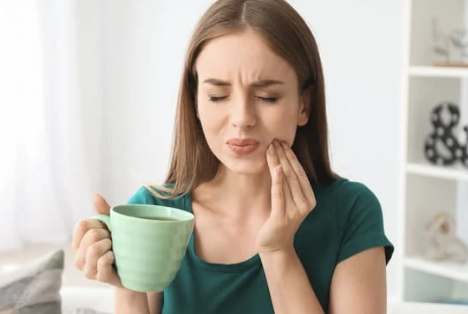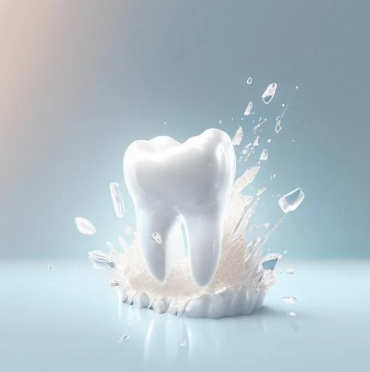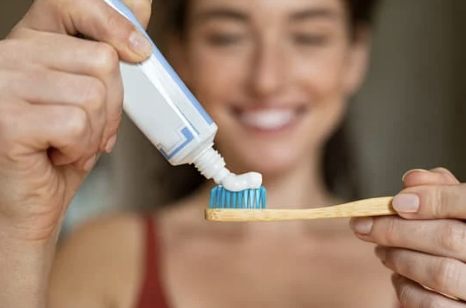Have you noticed your teeth reacting more to hot coffee, cold water, or sweet treats as you’ve gotten older? You’re not imagining it—tooth sensitivity does tend to become more common after age 50.
But why does it happen, and what can you do about it? Let’s explore the causes and how you can find relief.
Whether you’ve had a bad experience in the past, feel nervous about pain or procedures, or struggle with a strong gag reflex, sedation dentistry can help make your dental visits calm, comfortable, and completely manageable

Tooth sensitivity occurs when the protective enamel on your teeth wears down or your gums recede, exposing the underlying dentin. Dentin contains tiny tubules that lead directly to the nerve inside your tooth—so when it’s exposed, certain sensations like heat, cold, or pressure can cause discomfort.
As we age, several factors can make our teeth more prone to sensitivity:
1. Enamel Wear
Years of chewing, brushing, grinding, and exposure to acids from food and drinks can gradually erode enamel.
2. Gum Recession
Gums naturally recede over time, especially if you’ve had gum disease or brush too aggressively. This exposes the sensitive roots of your teeth.
3. Dental Work
Fillings, crowns, and root canals can sometimes lead to increased sensitivity—especially if they’re older or need replacement.
4. Medical Conditions & Medications
Certain medications (like those that reduce saliva) or conditions like acid reflux and dry mouth can increase the risk of enamel erosion or tooth decay, both of which contribute to sensitivity.
Occasional sensitivity might not be a cause for concern. However, if your discomfort is persistent or getting worse, it could be a sign of:
It’s always best to get it checked out—especially if it’s affecting your ability to eat or enjoy hot/cold foods and drinks.


If you’re feeling that “zing” more often lately, try the following:
The good news? You don’t have to live with discomfort. There are simple, effective treatments available, from desensitizing agents and fluoride varnishes to gum treatments or replacement of old restorations.
If you’re noticing more sensitivity in your teeth, you’re not alone—and you don’t have to tough it out. Let us help you protect your smile and enjoy your favorite foods again—without the sting.
